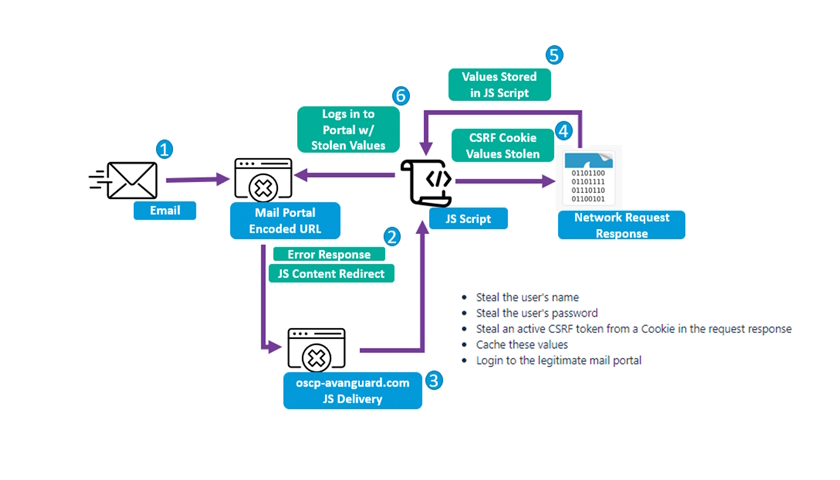The advanced persistent threat (APT) actor known as Winter Vivern is now targeting officials in Europe and the U.S. as part of an ongoing cyber espionage campaign.
“TA473 since at least February 2023 has continuously leveraged an unpatched Zimbra vulnerability in publicly facing webmail portals that allows them to gain access to the email mailboxes of government entities in Europe,” Proofpoint said in a new report.
The enterprise security firm is tracking the activity under its own moniker TA473 (aka UAC-0114), describing it as an adversarial crew whose operations align with that of Russian and Belarussian geopolitical objectives.
What it lacks in sophistication, it makes up for in persistence. In recent months, the group has been linked to attacks targeting state authorities of Ukraine and Poland as well as government officials in India, Lithuania, Slovakia, and the Vatican.
The NATO-related intrusion wave entails the exploitation of CVE-2022-27926 (CVSS score: 6.1), a now-patched medium-severity security flaw in Zimbra Collaboration that could enable unauthenticated attackers to execute arbitrary JavaScript or HTML code.
This also involves employing scanning tools like Acunetix to identify unpatched webmail portals belonging to targeted organizations with the goal of sending phishing email under the guise of benign government agencies.
The messages come with booby-trapped URLs that exploit the cross-site scripting (XSS) flaw in Zimbra to execute custom Base64-encoded JavaScript payloads within the victims’ webmail portals to exfiltrate usernames, passwords, and access tokens.
It’s worth noting that each JavaScript payload is tailored to the targeted webmail portal, indicating that the threat actor is willing to invest time and resources to reduce the likelihood of detection.
“TA473’s persistent approach to vulnerability scanning and exploitation of unpatched vulnerabilities impacting publicly facing webmail portals is a key factor in this actor’s success,” Proofpoint said.
“The group’s focus on sustained reconnaissance and painstaking study of publicly exposed webmail portals to reverse engineer JavaScript capable of stealing usernames, passwords, and CSRF tokens demonstrates its investment in compromising specific targets.”
The findings come amid revelations that at least three Russian intelligence agencies, including FSB, GRU (linked to Sandworm), and SVR (linked to APT29), likely use software and hacking tools developed by a Moscow-based IT contractor named NTC Vulkan.
Source: thehackernews.com





